Dungeon Meshi – 02
 |
 |
 |
 |
 |
 |
「ローストバジリスク/オムレツ/かき揚げ」 (Rousutobajirisuku/Omuretsu/Kakiage)
“Roast Basilisk/Omelet/Kakiage”
Dungeon Meshi gets very complex, but for me what makes the series charming is already front and center.

 |
 |
 |
 |
 |
 |
「ローストバジリスク/オムレツ/かき揚げ」 (Rousutobajirisuku/Omuretsu/Kakiage)
“Roast Basilisk/Omelet/Kakiage”
Dungeon Meshi gets very complex, but for me what makes the series charming is already front and center.
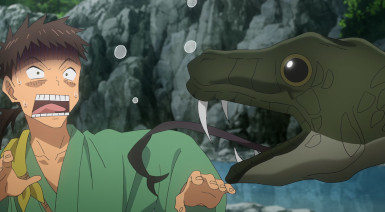 |
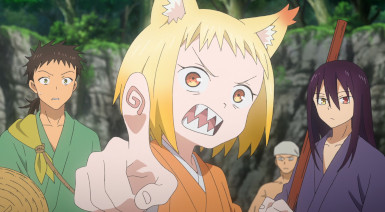 |
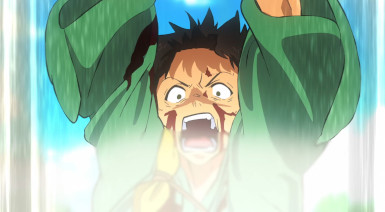 |
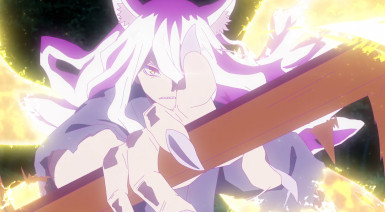 |
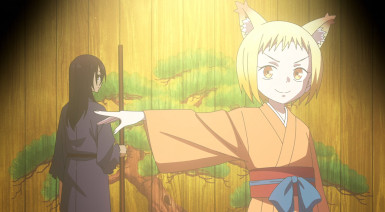 |
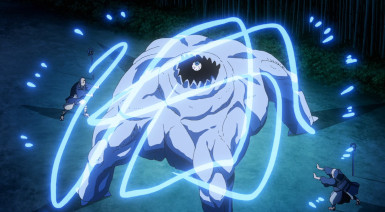 |
「我ら乱世を憂う者」 (Warera ranse o ureu mono)
“Those Who Worry For This Troubled Time”
What a Long, Strange Trip It’s Been
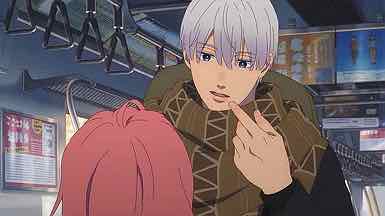 |
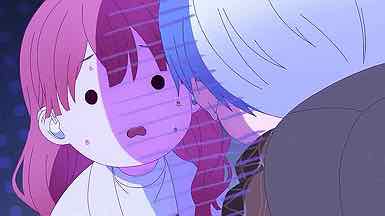 |
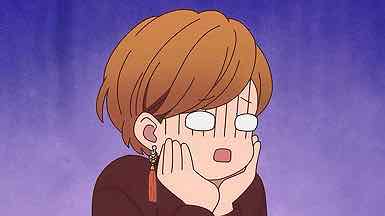 |
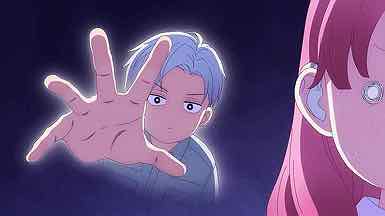 |
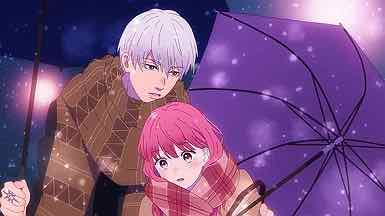 |
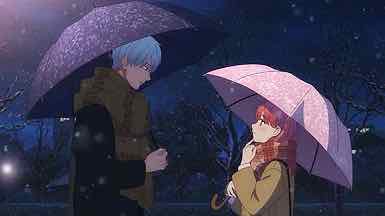 |
「雪の世界」 (Yuki no Sekai)
“Yuki’s World”
This was a solid premiere but nothing like a deal closer.
 |
 |
 |
 |
 |
 |
「じゃあ元気で」 (Jaa Genki de)
“Take Care”
Just as I’m really getting into it, Frieren is headed for big change
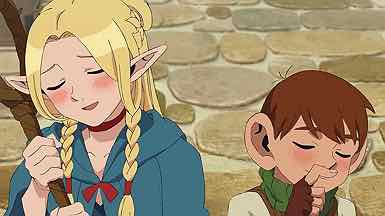 |
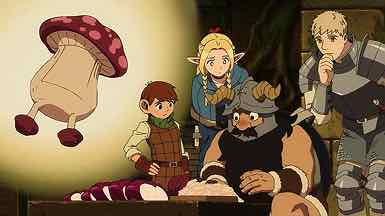 |
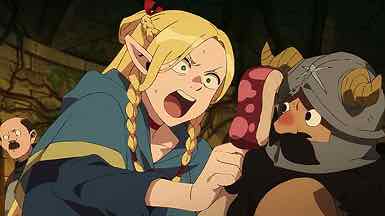 |
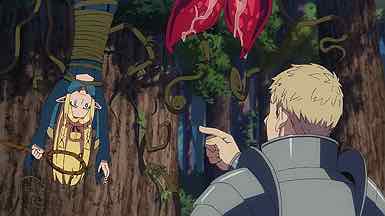 |
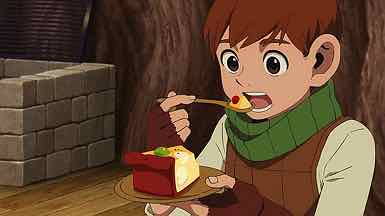 |
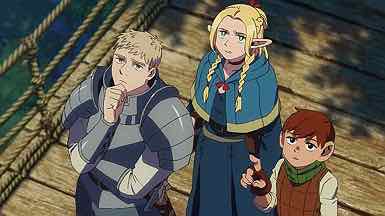 |
「水炊き/タルト」 (Mizutaki/Taruto)
“Hot Pot/Tart”
It may be my first of the season, but to say this premiere was a long time coming is an understatement.
 |
 |
 |
 |
 |
 |
「長寿友達」 (Chouju Tomodachi)
“Long-lived Friends”
In a way, I think this story is as much as anything about how precariously one must balance to try and live in the moment.
 |
 |
 |
 |
 |
 |
「厄介事の匂い」 (Yakkai koto no nioi)
“Smell of Trouble”
One of the things Sousou no Frieren is very good at is scoring points when no one is saying anything.
 |
 |
 |
 |
 |
 |
「明治十一年五月十四日」 (Meiji Jūichinen Gogatsu Jūyokka)
“Meiji 11, May 14th”
Rurouni Kenshin really begins from here, and one can’t judge this version of the series until it has a chance to show the best it has to offer.
 |
 |
 |
 |
 |
 |
「若者の特権」 (Wakamono no tokken)
“Privilege of Youth”
In the “wistful” area of the emotional spectrum, Sousou no Frieren treads with supreme confidence.
 |
 |
 |
 |
 |
 |
「牙を剥く狼」 (Kiba o Muku Ookami”)
“The Wolf’s Fang”
Ultimately, the real battle here is not between the Battousai and the Shinsengumi captain, but between the Battousai and the Rurouni.